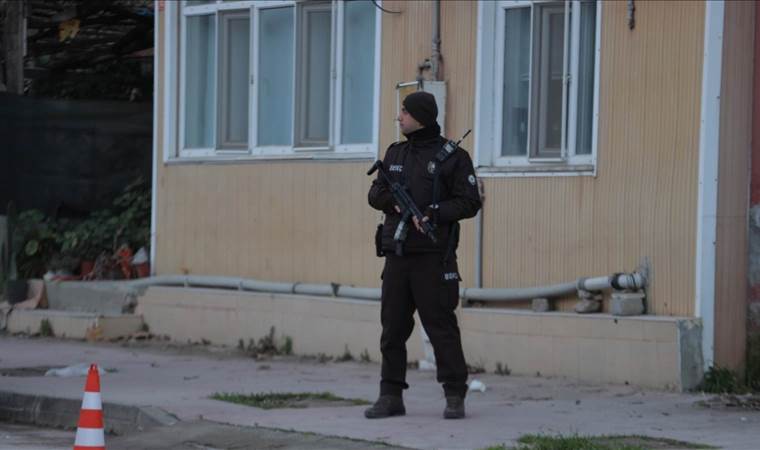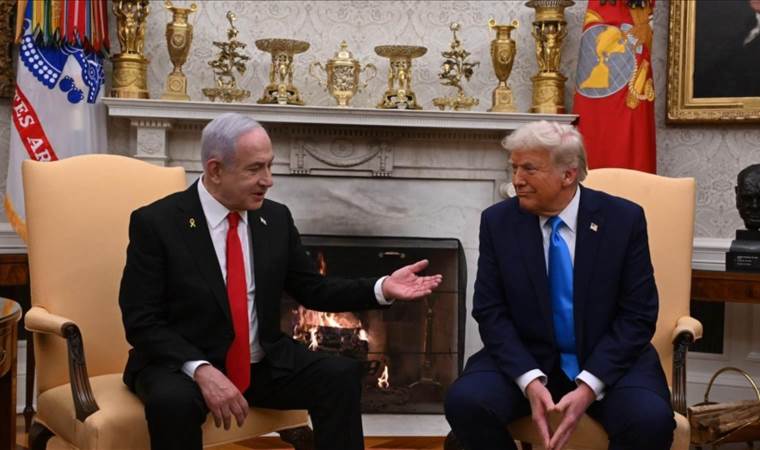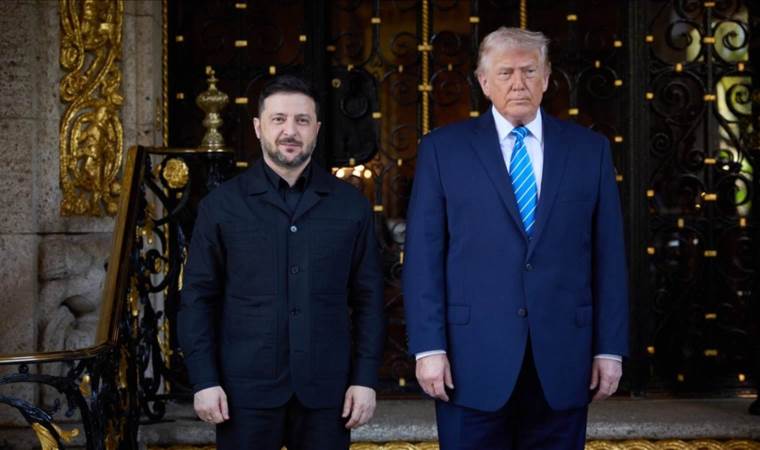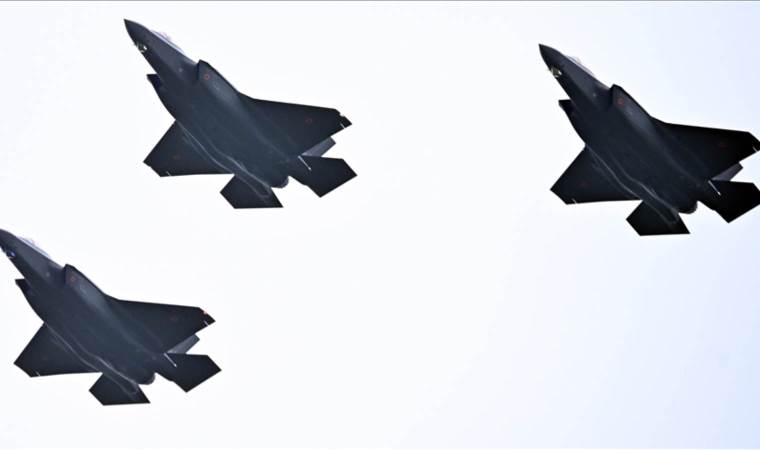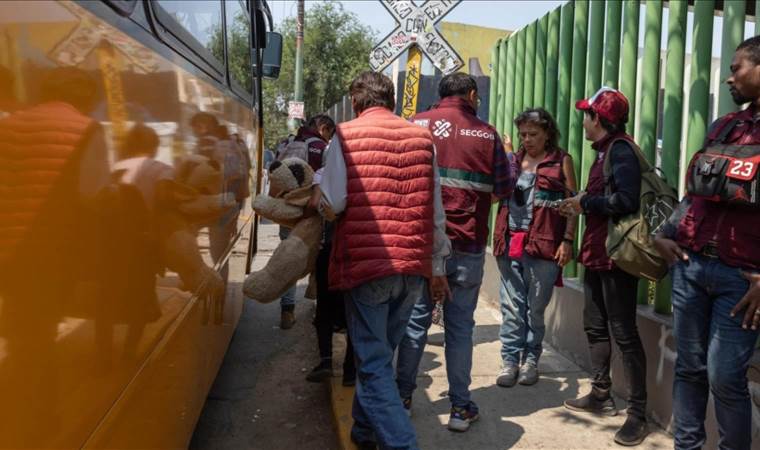Authors Columns of the Day Sport Guest Life All Authors
Anarchy
"Anarchy" is a term consisting of ambiguity and peril:
It describes a state devoid of societal control resulting from the fragility of political and administrative institutions—manifesting as disorder and confusion.
Derived from ancient Greek roots, "anarchism" comprises the prefix "an-", meaning negation and "Archos" signifying "ruler," essentially meaning "without a ruler." It encapsulates a spectrum of political philosophies and social movements aiming to eradicate all facets of social authority, domination, power, and hierarchy.
Anarchism fundamentally opposes all forms of authority across contexts, encompassing the rejection of patriarchal and capitalist structures.
Historically, classical anarchist movements promote voluntary interactions and self-governance rooted in social relations, opposing centralized political frameworks and private ownership of production means. They strive for a society characterized by freedom and autonomy. These philosophies envisage anarchy as a state where free individuals engage voluntarily, emphasizing the involvement of individuals and communities in decisions that directly impact them.
These definitions encapsulate the essence of anarchy and anarchism. However, the term also carries a negative connotation, signifying chaos and disorder. It represents a scenario where governance surpasses established rules, showcasing a state's administrative apparatus unable to fulfill its duties.
The AKP's governance is centered around a singular figure, a Supreme Leader if you will. Who embodies a form of anarchic rule. This results from the ruling party's disregard for the constitution and laws, notably the foundational principles of the Republic, allowing them to govern the nation however they please. Anarchy prevails in a system where the constitution is disregarded, and the law ceases to hold sway.
The Republic of Turkey upholds the principle of the separation of powers, ensuring distinct branches: legislative (Parliament), executive (government), and judicial. This doctrine aims to confine state authority and shield individual rights and freedoms by allocating the three fundamental powers to separate entities.
Among these powers, the judicial branch holds a paramount position, referred to as "primus inter pares." It operates independently; neither the legislature nor the executive can assert control over it. Any system where this balance is disrupted deviates from democratic ideals. True democracies are those where the judiciary oversees the legislature and executive. This principle holds in Turkiye. Let's examine two constitutional articles pertaining to the Constitutional Court:
Article 148 of the Constitution delineates the Constitutional Court's duties: it scrutinizes laws, presidential decrees, and the Grand National Assembly of Turkey's Rules of Procedure for compliance with the Constitution, both in form and substance. Additionally, it assesses individual applications and exclusively examines the form of constitutional amendments.
According to Article 153, the decisions rendered by the Constitutional Court are conclusive. Reversed decisions necessitate justifications and cannot be declared arbitrarily. Should the Court nullify an entire law or a provision within it, it is restrained from assuming a legislative role or establishing a directive that initiates a new practice.
As per these two articles, the Constitutional Court holds the authority to assess the constitutionality of laws passed by the Grand National Assembly of Turkey (TBMM) and presidential decrees. Conversely, neither the TBMM nor the president possesses the jurisdiction to scrutinize the Constitutional Court.
However, the scenario in Turkey differs significantly; the decisions made by the Constitutional Court encounter disregard and lack processing from the president, the state, and the judiciary. This disregard constitutes anarchy and unrest. A recent illustration of this disorder surfaced when a high penal court, apprehensive of the supreme leader, declined to execute the Constitutional Court's ruling regarding Hatay MP Can Atalay. While I label this disregard as anarchy, Constitutional Court President Zuhtu Arslan refers to it as "cacophony," as cited in the press:
"Zuhtu Arslan, the President of the Constitutional Court (AYM), addressed the 6th regional meeting in Izmir focused on the 'effective implementation of individual application decisions.' He emphasized the importance of different opinions in constitutional states while saying there is no place for "Cacophony". Mr. Arslan urged both courts and public entities wielding authority to adhere to the Constitutional Court's rulings on individual applications. He stressed the importance of proactive compliance, stating, 'Public entities exercising power should base their decisions on the principles outlined here, without awaiting a new violation decision from the Constitutional Court.'"
Cacophony signifies anarchy. According to the Supreme Court of Appeals, the Constitutional Court, the Court of Cassation, and the Court of Accounts hold distinct mandates outlined in our constitution. Nevertheless, the principle of 'equality' remains unchangeable. These institutions maintain a 'primus inter pares' (first among equals) relationship, with the Constitutional Court holding the foremost position. Asserting otherwise amounts to a profound anarchy, resulting in chaos."
Yazarın Son Yazıları All Columns
Günün Köşe Yazıları
Most Read News
-
 Türkiye says 6 ISIS terrorists killed in counterterroris
Türkiye says 6 ISIS terrorists killed in counterterroris
-
 Israeli prime minister departs for US to meet Trump
Israeli prime minister departs for US to meet Trump
-
 Powerful winter storm hits US Midwest and Great Lakes
Powerful winter storm hits US Midwest and Great Lakes
-
 Zelenskyy says Ukraine wants 30-50-year security guarant
Zelenskyy says Ukraine wants 30-50-year security guarant
-
 Russia agrees with Trump's assessment that peace in Ukra
Russia agrees with Trump's assessment that peace in Ukra
-
 Czech government to audit contract for F-35 fighter jets
Czech government to audit contract for F-35 fighter jets
-
 At least 13 dead, 98 injured after train derails in sout
At least 13 dead, 98 injured after train derails in sout
-
 Kosovo’s ruling party takes lead in snap election
Kosovo’s ruling party takes lead in snap election

